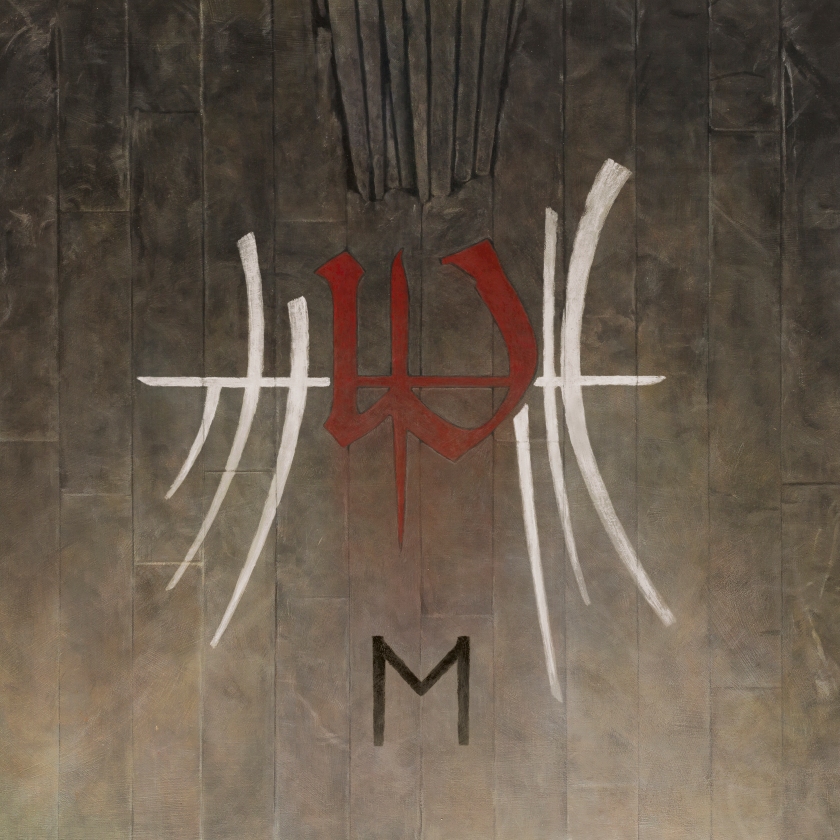
Artist: Enslaved
Album Title: E
Label: Nuclear Blast
Date of Release: 13 October 2017
Someone very close to me was once fascinated by ancient Norse runes, so much so that he studied the alphabet and delved into the history and the myths with real passion. I often think that he was born in the wrong country, at the wrong age. And, when he passed, possibly into the halls of Valhalla, I seriously contemplated having the word ‘brother’ tattooed across my shoulders in runic. And, despite my general cowardice towards pain of any kind, I still toy with the idea nearly a decade on.
My brother would have therefore approved wholeheartedly with the choice of album title for Enslaved’s 14th full-length release, the simple and enigmatically-titled ‘E’.
‘E’ means a lot more than it first appears. Written in a manner that more closely resembles the modern letter ‘M’, it is apparently referring to the rune ‘Ehwaz’. I really enjoy the fact that the runes are drawn to look like what they mean, because ‘Ehwaz’ literally means ‘horse’. Or, more esoterically, it can also mean ‘trust’ or ‘co-operation’. Already, I can see why so many find the runes so interesting and it’s the perfect title for this incredible album.
The opening moments of ‘Storm Son’, set the record off in the perfect manner. Beginning delicately and quietly with the sound of nature, something darker in tone enters and the relative silence is shattered by the confrontational yet strangely warm sound of a Viking Horn alongside the neighing of horses. You think that the song will launch into something heavy and oppressive at this point but, in actual fact, the tentative guitar melody is a thing of understated beauty, with a strangely bright and positive feel to it. The soundscape builds, only to finally betray Enslaved’s extreme metal roots as it nears the three-minute mark.
And even then, the guitars are restrained, as is the strong rhythmic beat, as the clean vocals of new member Håkon Vinje takes centre stage. On that note, there was a lot of concern amongst the faithful when Herbrand Larsen left. However, there is nothing to worry about on that score. Håkon Vinje is a more than worthy replacement, not dissimilar in tone or delivery but individual enough to make his presence felt within the collective. He initially ‘duets’ with hushed choral vocals, into which gruff vocalist Grutle Kjellson dips in and out.
As Kjellson’s raspy notes fade, the song changes tack to deliver a relatively simple yet stunning riff that is accented by some excellent driving bass work and drenched in rich, atmospheric keys to enhance the strong melodic tendencies and epic atmospheres. At this point, I am beginning to posit that ‘Storm Son’ might just be one of Enslaved’s masterpieces.
The song changes direction and pace more than once, finally delivering something heavier, more extreme and uncompromising well into the second act. Even then, it isn’t all-out blast-beats, more a frantic gallop, whilst those rapid staccato riffs from Ivar Bjørnson and Arve Isdal offer a window into the quintet’s dim and distant black metal beginnings. As the track closes with a reprise of the earlier melodic riff, I am firm in my belief that this is a sensational song, definitely one of their very best.

At a little over five minutes in length, ‘The River’s Mouth’ is half the size of its predecessor. However, what it lacks in stature, it makes up for in intensity. Right from the off, the pace is quick, with Kjellson’s unmistakeable gruff snarls present almost immediately. However, I must return to the vocals of Vinje, who soars above the controlled maelstrom of glorious sound beneath him, making the powerful song completely irresistible once it gets under the skin.
It almost goes without saying but it’s worth mentioning that ‘E’ is unlikely to make an instant impact with listeners. Some parts will quickly grab your attention, but the vast majority of the material will require concentration and a certain amount of familiarisation in order to extract everything of value out of it. Over the course of the last two or three albums, maybe even longer, Enslaved have been headed inexorably towards a more progressive incarnation, as they continue to bravely experiment with their personal musical vision. As a result, the grandiose nature of ‘E’ means that the Norwegians have taken another bold journey into the unknown, whilst managing to keep one hand on the tiller of familiarity. As challenging as it is, there’s a sense that you know exactly who this is as it is playing. That, in itself, is an extremely neat trick to pull off, further demonstrating the craftsmanship and skill of Enslaved.
There’s little time for further reflection because ‘Sacred Horse’ storms into life following a deceptively quiet opening. It is blessed with a pulsating pace, with the drums of Cato Bekkevold charging rapidly through the song, even during somewhat quieter moments. The variety on offer is exciting, including a bold 70s-inspired keyboard solo from Vinje and a gloriously ominous and foreboding section where the drums and bass come together to deliver an epic and rousing extended outro that’s subtly built upon and then topped off by the briefest of returns to frantic climes.
I’d pick out my favourite songs if I could, but they are all superb. And as there are only six, I shall continue guilt-free. ‘Axis Of The Worlds’ lightens the mood somewhat despite the abundance of heaviness and gruff vocals. It is hard to explain, but there’s a light, vaguely playful feel to this track, led by the Vinje’s clean voice and folky melodies that come and go, ultimately reasserting themselves after the composition threatens to unravel amid a torrent of competing sounds and noises.
‘Feathers Of Eolh’ is one of the most difficult tracks to work with, thanks to the myriad of mind-boggling time signatures that are employed. And yet, once it clicks, it becomes one of the most rewarding listens on ‘E’. The harsher sections are magnificent, full of lush multi-layered grandiosity. But it is when the foot is taken off the gas and the band descend into more ambient, introspective territory where I get the chills. Here, the bass of Kjellson really comes into its own and the delicate melodies are allowed time and space to breathe. Ultimately though, it is the juxtaposition between the light and the dark that enables this track to make the huge impact that it does.
The final track of ‘E’, an album with a healthy and digestible running time of around 50 minutes, is ‘Hiindsiight’. The opening wistful melody is a joy but after about a minute, all light is expunged and we’re plunged into the suffocating darkness of crushing funeral doom. It only lasts for a short time, but it makes a malevolent and, if it’s possible, a heavier return later in the piece. In between and afterwards, the composition returns to the opening melody but is joined by guest musicians: saxophonist Kjetil Møster and Einar Kvitrafn Selvik (Wardruna) who plays the Talharpa.
I’m not 100% sold on the saxophone inclusion if I’m honest and consistent with my tastes. But regardless, this is a cracking track, full of emotion, layers of rich sound and captivating performances all round. After a few moments in an abyss of noise, the song closes in stunning fashion thanks to yet more fantastic clean vocals and a heart-warming, quietly-delivered choral section which is underpinned by those elegant melodies as it drifts off serenely into calm mist-shrouded waters.
Enslaved are one of those bands that can literally do no wrong. However they decide to evolve their sound, their music always remains of the very highest order. They may have lost a few fans along the way but I’m sure they have gathered many more over the years. And deservedly so, because ‘E’ further cements Enslaved’s credentials as one of the most accomplished, exciting and brave extreme metal bands in the world today.
The Score of Much Metal: 9.5
If you’ve enjoyed this review, you can check out my others from previous years and for 2017 right here:
Samael – Hegemony
Vuur – In This Moment We Are Free – Cities
Power Quest – Sixth Dimension
Iris Divine – The Static And The Noise
Daniel Cavanagh – Monochrome
White Moth Black Butterfly – Atone
Jag Panzer – The Deviant Chord
Vulture Industries – Stranger Times
Anubis Gate – Covered In Black
Protean Collective – Collapse
Cradle Of Filth – Cryproriana – The Seductiveness of Decay
TDW & Dreamwalkers Inc. – The Antithetic Affiliation
Caligula’s Horse – In Contact
Nocturnal Rites – Phoenix
Arch Enemy – Will To Power
Threshold – Legends Of The Shires
H.E.A.T – Into The Great Unknown
Dyscarnate – With All Their Might
Subterranean Masquerade – Vagabond
Adagio – Life
Paradise Lost – Medusa
The Haunted – Strength In Numbers
Serious Black – Magic
Leprous – Malina
The Lurking Fear – Out of the Voiceless Grave
Prospekt – The Illuminated Sky
Wintersun – The Forest Seasons
Witherfall – Nocturnes And Requiems
Tuesday The Sky – Drift
Anthriel – Transcendence
Decapitated – Anticult
Cosmograf – The Hay-Man Dreams
Orden Ogan – Gunmen
Iced Earth – Incorruptible
Anathema – The Optimist
Solstafir – Berdreyminn
Dream Evil – Six
Avatarium – Hurricanes And Halos
Ayreon – The Source
Until Rain – Inure
MindMaze – Resolve
God Dethroned – The World Ablaze
Bjorn Riis – Forever Comes To An End
Voyager – Ghost Mile
Big Big Train – Grimspound
Lonely Robot – The Big Dream
Firespawn – The Reprobate
Ancient Ascendant
Pyramaze – Contingent
Shores Of Null – Black Drapes For Tomorrow
Asira – Efference
Hologram Earth – Black Cell Program
Damnations Day – A World Awakens
Memoriam – For The Fallen
Pallbearer – Heartless
Sleepmakeswaves – Made of Breath Only
Ghost Ship Octavius – Ghost Ship Octavius
Vangough – Warpaint
Telepathy – Tempest
Obituary – Obituary
Fen – Winter
Havok – Conformicide
Wolfheart – Tyhjyys
Svart Crown – Abreaction
Nova Collective – The Further Side
Immolation – Atonement
The Mute Gods – Tardigrades Will Inherit The Earth
Ex Deo – The Immortal Wars
Pyogenesis – A Kingdom To Disappear
My Soliloquy – Engines of Gravity
Nailed To Obscurity – King Delusion
Helion Prime – Helion Prime
Battle Beast – Bringer Of Pain
Persefone – Aathma
Soen – Lykaia
Exquirla – Para Quienes Aun Viven
Odd Logic – Effigy
Mors Principium Est – Embers Of A Dying World
Firewind – Immortals
Slyde – Back Again EP
Sepultura – Machine Messiah
Deserted Fear – Dead Shores Rising
Kreator – Gods Of Violence
Borealis – World of Silence MMXVII
Pain of Salvation – In The Passing Light of Day
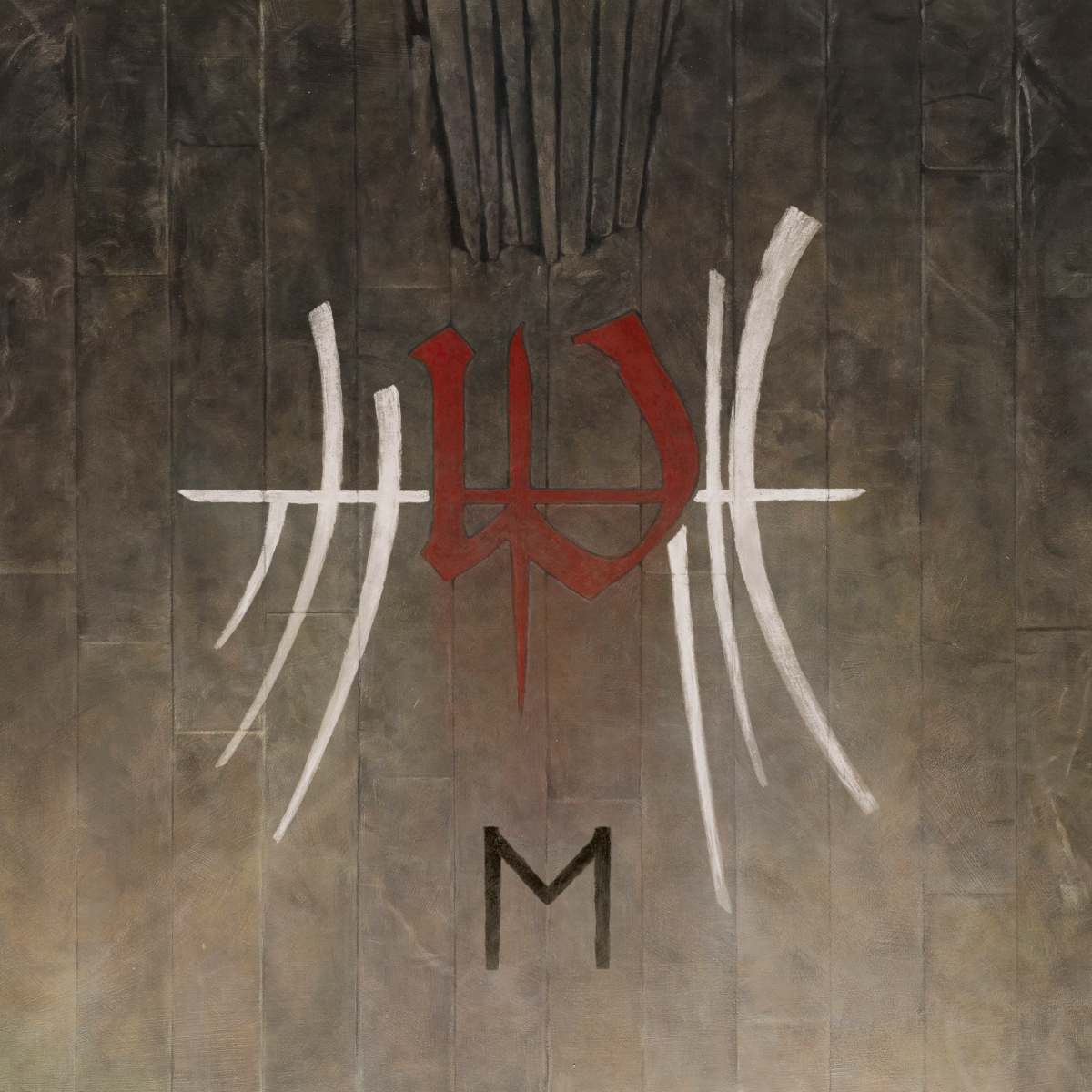
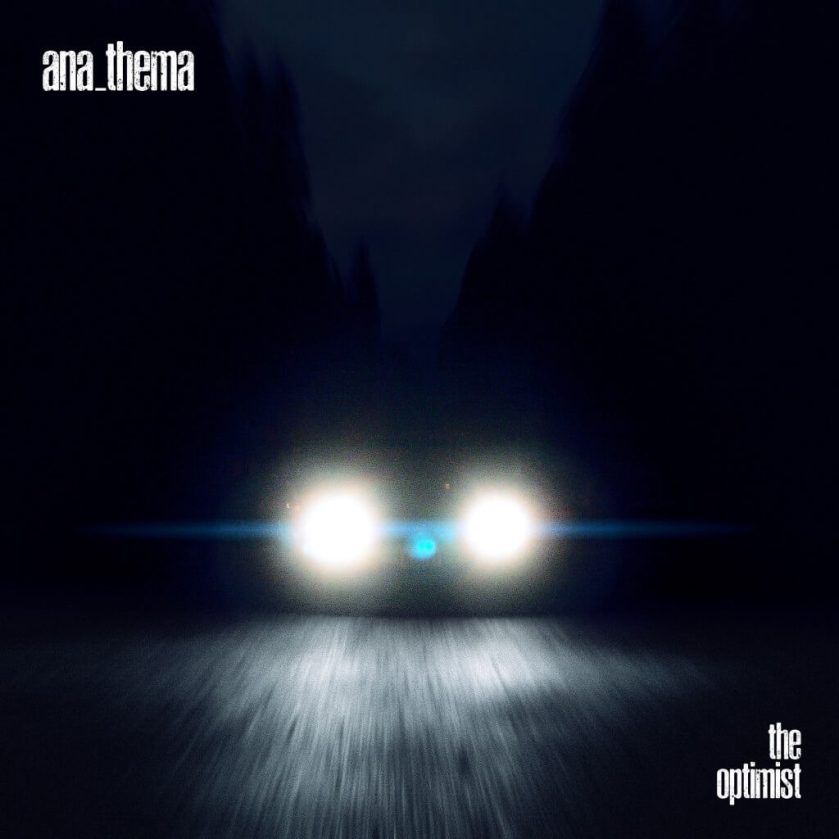

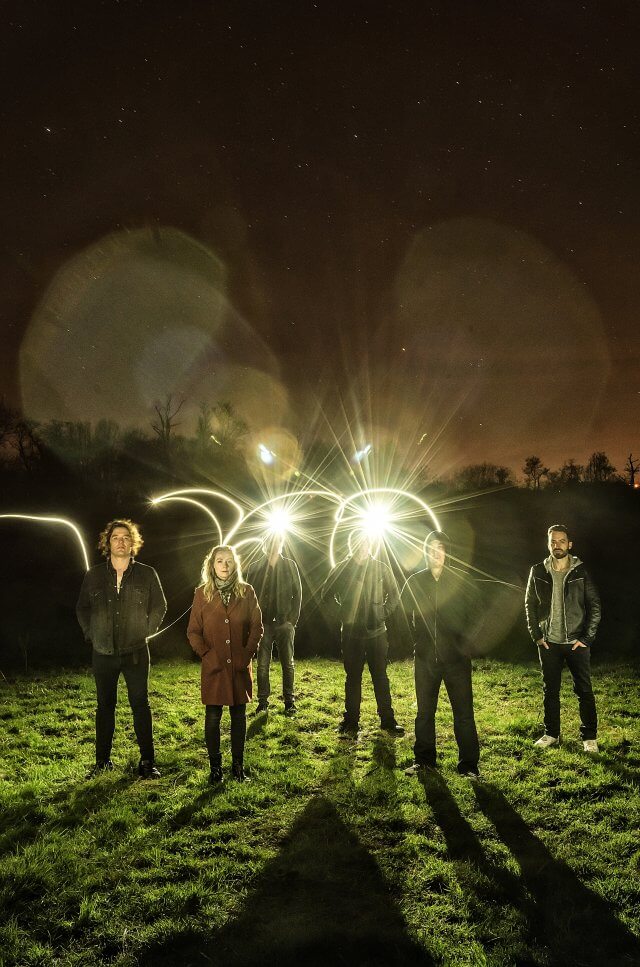
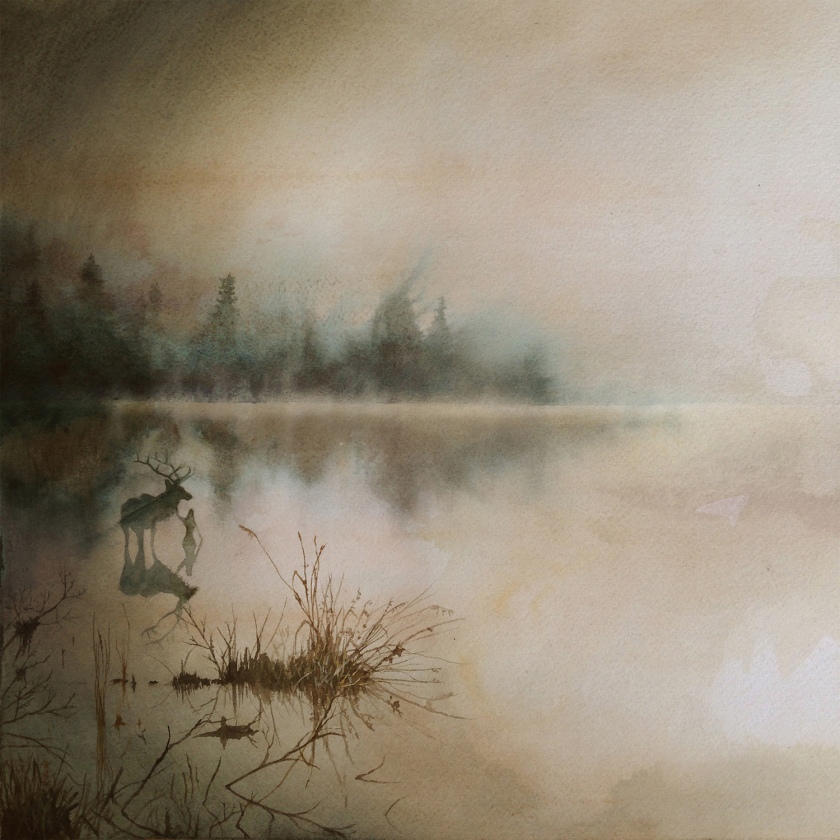
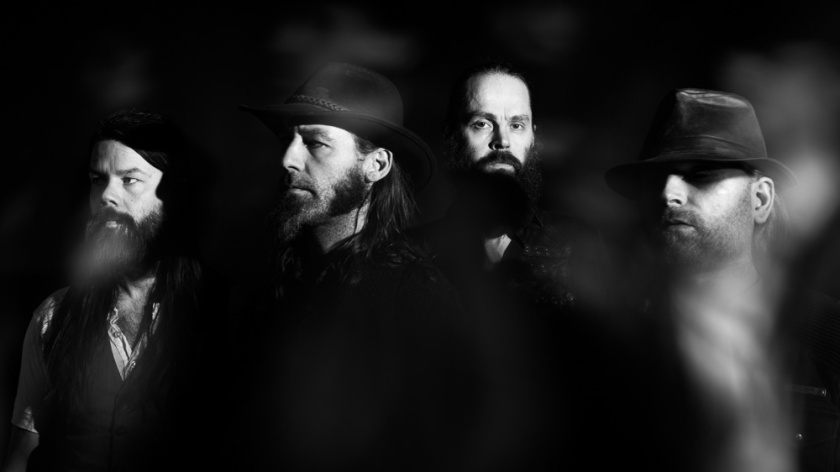
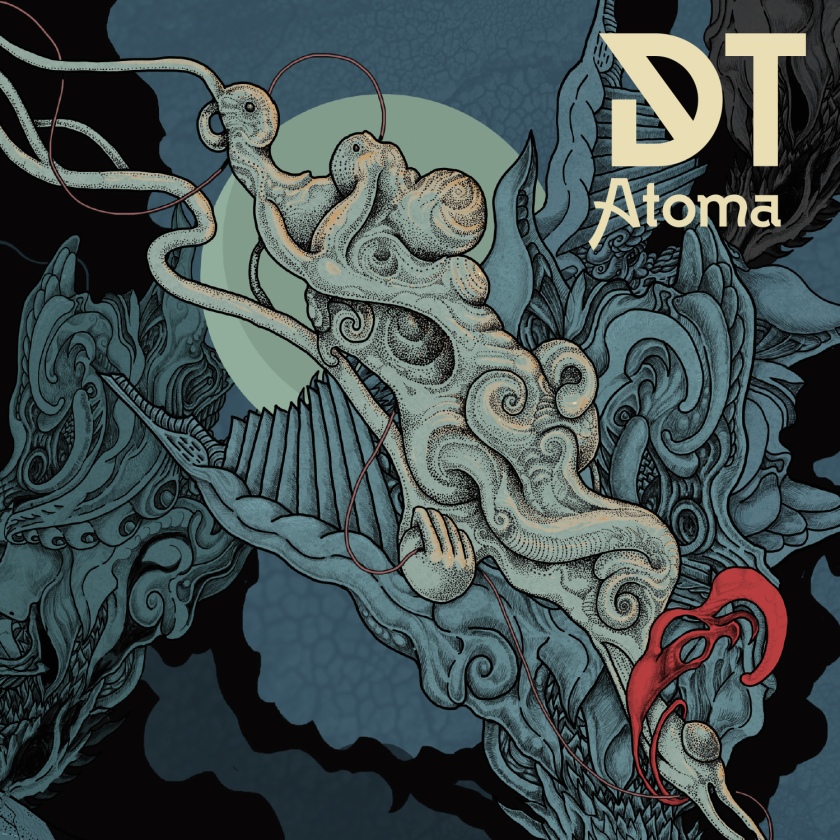




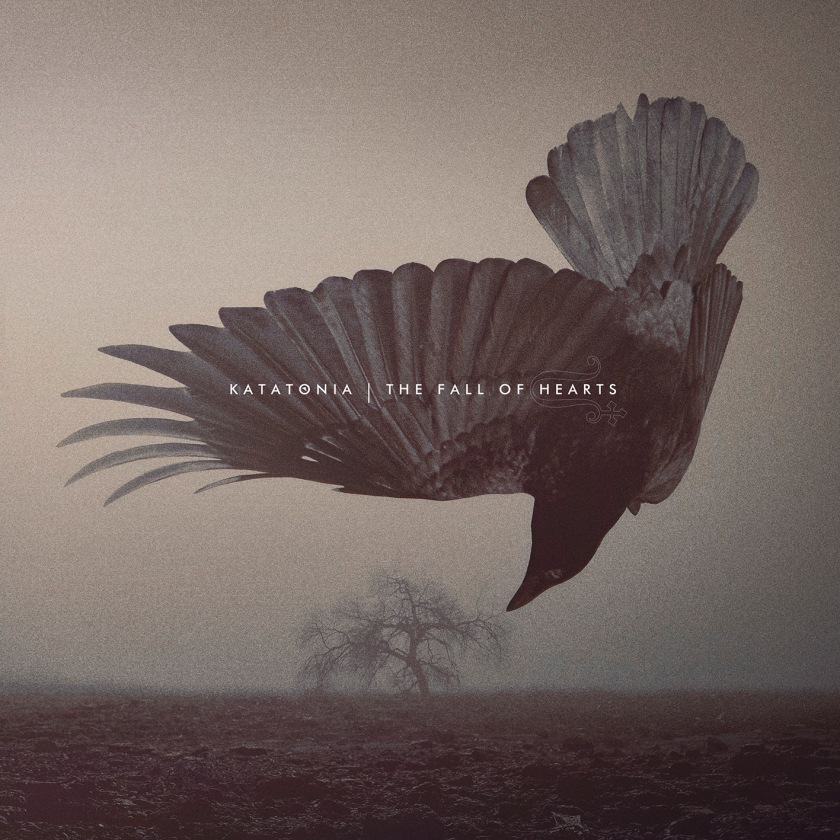



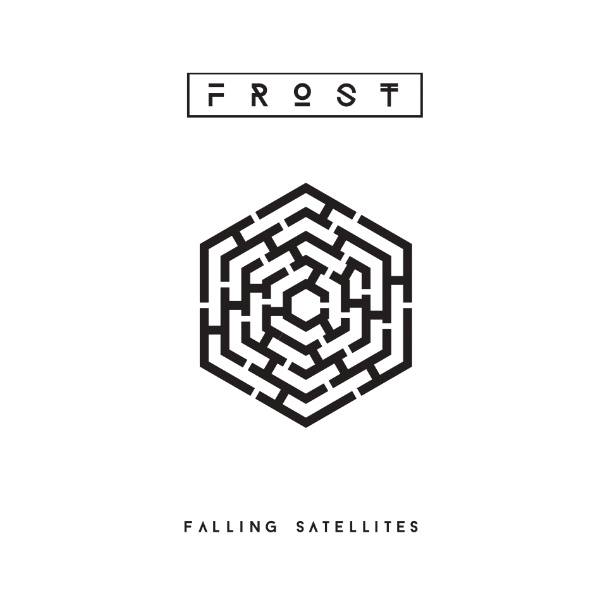

![cradle-of-filth-v-empire-or-dark-faerytales-in-phallustein-vinyl-lp-27411711-edre60285[1]](https://manofmuchmetal.wordpress.com/wp-content/uploads/2016/03/cradle-of-filth-v-empire-or-dark-faerytales-in-phallustein-vinyl-lp-27411711-edre602851.jpg?w=840)
![maxresdefault[1]](https://manofmuchmetal.wordpress.com/wp-content/uploads/2016/03/maxresdefault1.jpg?w=840&h=655)



